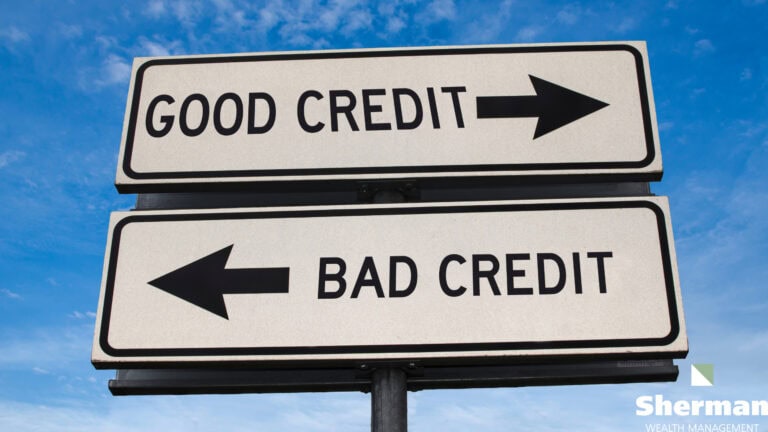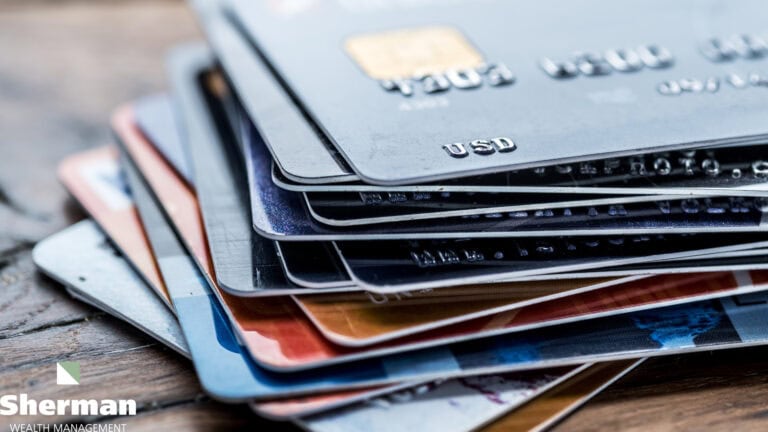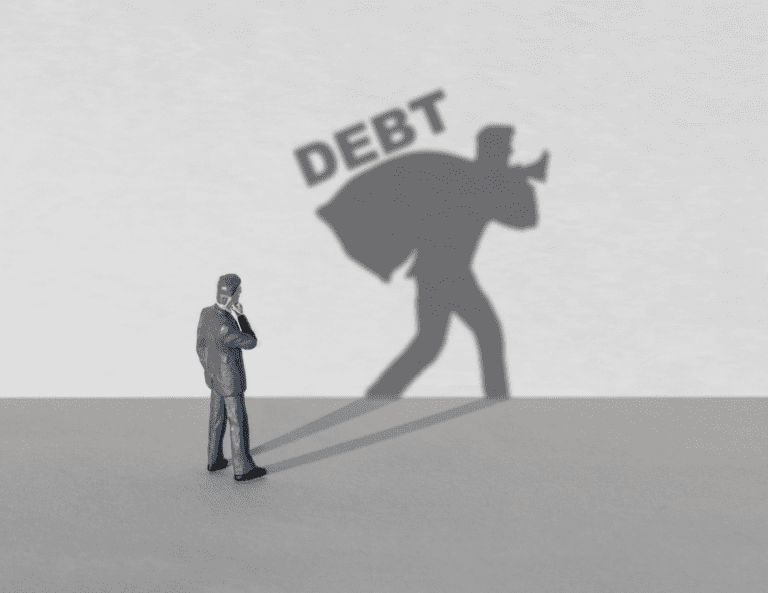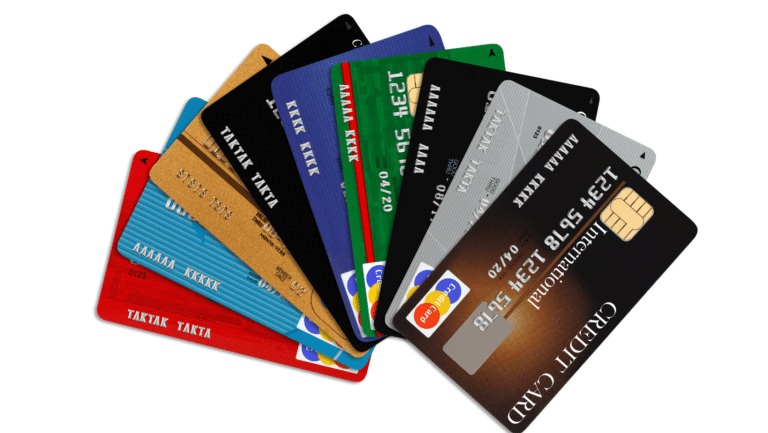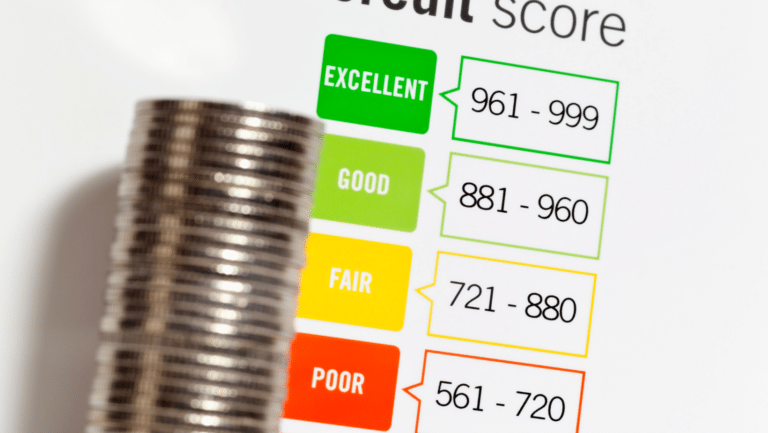Making Smart Credit Choices as a Young Professional
Navigating your financial life as a young professional comes with a lot of firsts—first job, first apartment, maybe even your first credit card. And in today’s world, credit card companies are fighting harder than ever for your attention, throwing out rewards, sign-up bonuses, and travel perks left and right. It can be tempting to grab…

